February 22, 2019
When assessing workplace strategy: we should always test rather than guess
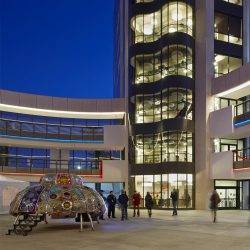 Would an investor plow millions of dollars into a stock and never bother to track how the investment does? Of course not. Nor would they confuse the expected return on investment (ROI) with the actual results. We don’t guess about financial investments. We don’t base investment decisions on what some stranger does or how they say they’ve done. So why then, do many of the largest companies in the world invest millions of dollars in buildings or renovating their workplaces and never even bother to measure results. Why are they so willing to copy the unproven workplace strategy of others? Why are they satisfied with projected results, rather than measuring how their investments actually perform? (more…)
Would an investor plow millions of dollars into a stock and never bother to track how the investment does? Of course not. Nor would they confuse the expected return on investment (ROI) with the actual results. We don’t guess about financial investments. We don’t base investment decisions on what some stranger does or how they say they’ve done. So why then, do many of the largest companies in the world invest millions of dollars in buildings or renovating their workplaces and never even bother to measure results. Why are they so willing to copy the unproven workplace strategy of others? Why are they satisfied with projected results, rather than measuring how their investments actually perform? (more…)





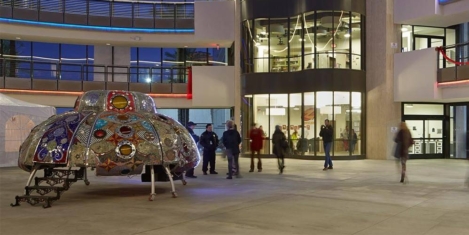




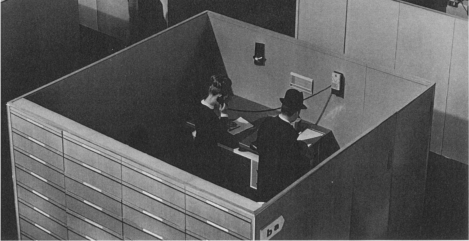
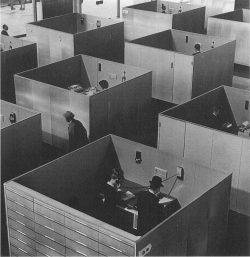
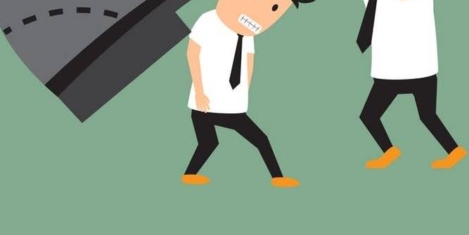
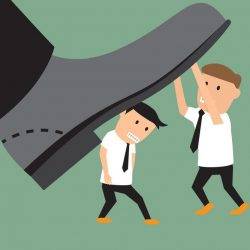






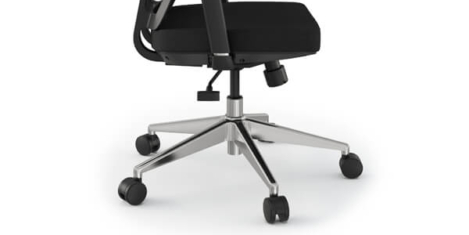
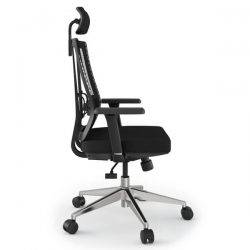
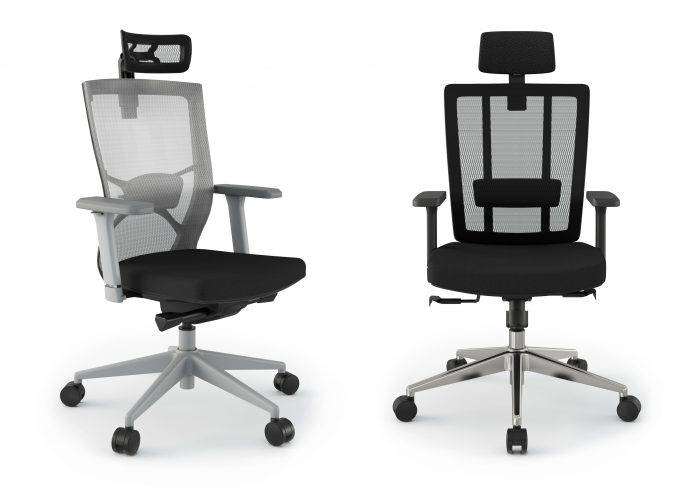
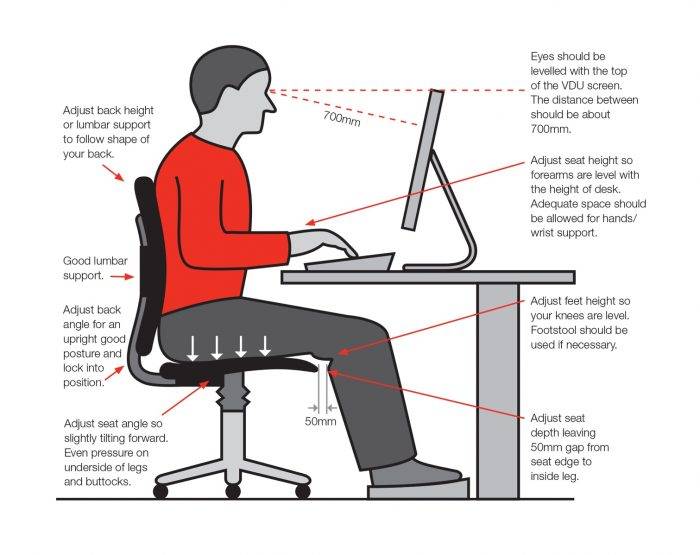









February 17, 2019
Landlords must respond in new ways to the changing world of work
by Ben Gillam • Comment, Technology, Workplace design